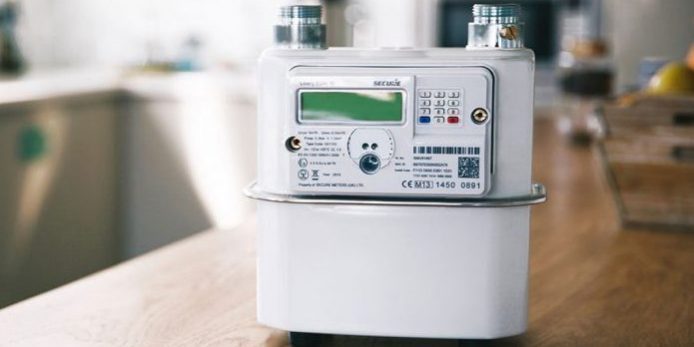
According to securityaffairs on March 4, GCHQ, the government communications headquarters of the British intelligence agency, found that there are security breaches in the new smart meters installed in 27 million homes, which may affect millions of British Gas, E.on, Npower, Scottish Power and EDF pose a serious risk to IoT devices.
The new SMETS 2 smart meter solves various problems with the first generation of energy company SMETS 1 instruments. Unlike older SMETS 1 meters, energy suppliers can electronically receive meter readings remotely using SMETS 2.

According to the Telegraph, GCHQ believes there is a security risk in smart meters: “Cybersecurity experts say that making the meters universal will make them more attractive to hackers because the potential returns are so much greater if they can hack every meter using the same software. The cybercriminals are able to artificially inflate meter readings, making bills higher. They then try to intercept payments, and if they simply skim off the difference between the real reading and the false reading, energy companies will think the bill has been paid normally.”
In addition, the article also revealed the other aspects of smart meters may cause problems.
GCHQ warned that attackers could use these vulnerable devices as “Trojan horses” into the customer’s network.
The British government fears the haz- ard of some countries hampered by the shortcomings of the energy smart meters, which caused the electricity surge so damaging the national grid.
Security experts also said BlueBorne attacks could expose smart meters to hackers by using Bluetooth connectivity.
However, Robert Cheesewright, an energy company that promotes the introduction of smart meters, tries to downplay the risks of its equipment and explains that smart meters do not directly manage financially relevant data, but it is clear that this explanation did not take into account different scenarios such as 2014 Researchers Javier Vazquez Vidal and Alberto Garcia Illera found that millions of connected meters in Spain are vulnerable to cyber-attacks due to lack of proper security controls.
Source: SecurityAffairs